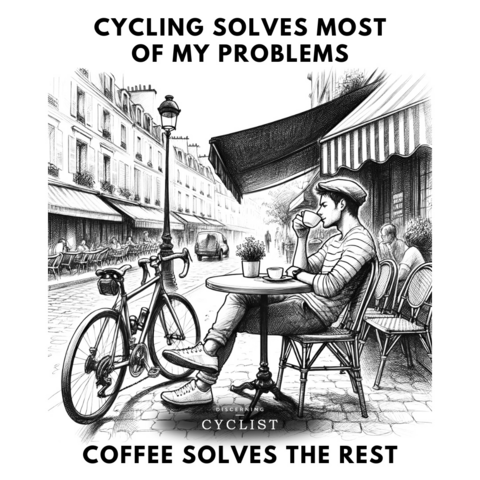On the last Friday of each month I curate some of the observations and insights that were shared on social media. I call these Friday’s Finds.
“We were made to rote-learn science without adopting the scientific mindset and scientific ways of thinking, philosophy of science. The result is a population with bigoted, dogmatic people even having degrees in engineering and science without having the scientific temperament or critical thinking skills.” —@impactology
My grandpa was a Nazi, by @bastianallgeier
My grandpa taught me that Nazis are fantastic storytellers. The new Nazis are on Tiktok and elsewhere on social media, telling great stories. Stories of safety, of simplicity, of order and justice. Stories of lives without crises. Adventure stories.
The only way to look at all of this is from the distant future. What happens if we let the Nazis take over again. How would our world look like in 20 or 30 years from now. I shudder from the thought. There is no option that fascism would ever lead to anything else than destruction.
“A student that I’ve worked with was said to have Attention Deficit Disorder. When I brought him into the field, I noticed he had the ears of a scout. He was able to monitor all four directions at the same time, and notice bird calls from every direction.
So, I watched him over time. When we worked indoors, in the classroom, in the group, he was a bit unable to sit still. But when we got out in the field, he was always the first one to see the hawk, always the first one to spot the hiding instructor, always the first one to hear the bird warnings.
And I started to ask myself, Is that a disorder, or a gift?” —Jon Young, Seeing Through Native Eyes, audio
via @Jan
The Gauntlet: How the press manufactured consent for never-ending COVID reinfections
“The political project of normalizing transmitting COVID and casting basic, scientific mitigations as bad, weird, mean, stupid, and impossible is a fantastic coup for the right. It is the utter rejection of state responsibility for public welfare, paired with the complete shredding of an early-pandemic solidarity that bound those at risk (everyone) together.”
Canadian study finds COVID measures were effective in reducing cases, hospitalizations, mortality rate, via @auscandoc
For Peters, the most surprising result of the study is the time between the announcement of a health measure and its concrete effects.
“For example, we found that containment measures led to a reduction of 2.9 cases of COVID-19 per 100,000 people, but these effects were not observed until four weeks after they were implemented,” he said.
According to the study, the closure of restaurants and bars also had effects, in terms of reductions in mortality, only after four weeks.
The researchers urge policymakers to consider this delay in the results when it comes to developing or evaluating these measures.
For the researchers, the results prove that the measures all had at least one impact in terms of reducing the number of cases, hospitalizations or deaths linked to COVID-19.
AI will create a thousand Post Office scandals, by @danmcquillan [More info: BBC Great Post Office Scandal podcast]
A little known detail of the [UK] Post Office scandal is that, due to some astoundingly bad decisions made in the 1990s, English law presumes that computer evidence is reliable. This at least is fixable by a simple switch of perspective; computer evidence should not be trusted unless evidence can be produced as to its reliability. There is simply no comprehensive metric or test that can be put before a court to remove reasonable doubt that an AI is making things up.
However, we can’t wait for AI-driven scandals to come to court before recognising this, because by then the harm will be done.
AI can’t be trusted and should be kept out of any decision-making that might affect peoples’ lives, no matter how modest.

